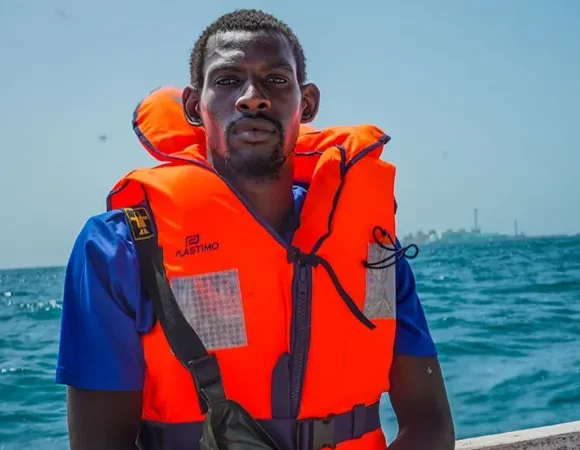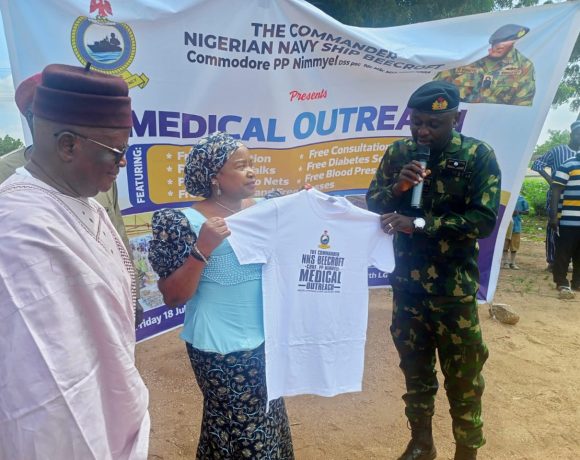IMEC and Its Impact on Africa: The New Gateway to Continental Growth

Isreal
Opinion: By: Shmuel Shay, Entrepreneur and Economic Advisor for the Abraham Accords
Africa is undergoing one of the most important economic transformations in its history.
A continent rich in resources, young in population, yet poor in infrastructure and access to markets.
The IMEC Project the India, Middle East, Europe Corridor , could be the missing link in Africa’s development chain.
It opens a new gateway to the world, providing direct access to markets in India and Europe, and offering a logistical, technological, and energy pathway that can change its future.
Africa and the New Trade Axis
IMEC is not just designed to connect India, the Middle East, and Europe.
It also creates a natural connection to Africa the continent closest to the corridor, both geographically and economically.
Countries such as Egypt, Ethiopia, Sudan, Djibouti, and Kenya have already expressed interest in joining the initiative.
They view the corridor as a direct bridge to markets that are currently difficult for them to reach.
In an era when maritime trade routes are becoming more expensive and risky, a combined land sea corridor through Israel, Saudi Arabia, and India can offer Africa an alternative and efficient route.
Instead of relying solely on the Suez Canal, African goods could be routed through the new corridor and reach Europe within just a few days.
A Transformation in Africa’s Economic Structure
IMEC could trigger a revolution in the structure of the African economy.
Instead of exporting only raw materials, African countries will be able to join the global production chain to manufacture, assemble, and market high-value-added products.
With new ports, railways, and logistics centers built along the corridor, Africa can become an integral part of the global industrial system.
For example, assembly plants in Kenya or Ethiopia could ship their products directly to Gulf ports and from there to Europe.
India could transfer manufacturing technologies, while the Gulf states finance the required infrastructure.
This represents a new model in which Africa is not merely a consumer market, but an active partner in the global economy.
Investment in Continental Infrastructure
One of the biggest barriers to growth in Africa is the lack of infrastructure.
IMEC could solve this through regional investment programs.
Gulf states and India are already exploring the construction of new ports in East Africa, expanding railway networks, and laying optical fiber lines that will connect the continent to the digital system of the corridor.
In addition, projects in renewable energy particularly solar and green hydrogen could make Africa a net exporter of clean energy to Europe.
Solar farms in Sudan or Niger could feed a regional grid integrated with the IMEC energy system, giving Africa a new and stable source of income.
Social and Educational Connectivity
Africa stands to benefit not only from economic investments but also from knowledge transfer and education.
The corridor is expected to establish vocational training centers, higher education institutions, and joint technological projects between African, Indian, Israeli, and European universities.
This will create an international educational network enabling young Africans to integrate into the global workforce.
IMEC also brings a deep social transformation empowering women, strengthening the middle class, and creating opportunities in regions previously disconnected from the global economy.
It is not just an economic upgrade but a social revolution that could reshape the face of the continent.
Development of New Trade Routes
Africa’s strategic position between South Asia and the Middle East gives it a new advantage.
One can imagine, in the near future, a network of parallel trade routes – from Ethiopia to the Port of Jeddah, from Egypt to Haifa, and from Kenya to India all part of one digitally connected logistics system.
Each such route would create hundreds of thousands of jobs, reduce the cost of living, and encourage healthy competition among African countries.
IMEC could also revitalize existing regional projects such as the East African Trade Community, providing them with direct access to global markets.
Thus, Africa will finally be integrated into the intercontinental trade map of the 21st century.
A New Diplomatic Cooperation Framework
Beyond the economic dimension, IMEC creates a new geopolitical reality.
African nations will be able to cooperate with Gulf countries and Israel out of shared economic interests rather than just diplomatic considerations.
This connection could position Africa as a central player in global dialogue – not as a dependent continent but as an equal partner.
The corridor also promotes regional stability within Africa itself.
When borders become trade routes, the likelihood of conflicts decreases.
Economics, as always, becomes a balancing force connecting rather than dividing.
Israel as a Bridge to Africa
Israel has a unique role in this connection.
For decades, it has maintained strong ties with many African nations, and now it can serve as a bridge between them, India, and the Gulf.
Through its agricultural, medical, and technological expertise, Israel can assist in establishing local projects linking African communities to the global corridor.
Israel’s focus on local entrepreneurship and vocational education aligns perfectly with Africa’s needs.
IMEC allows Israel to shift its relationship with the continent from humanitarian cooperation to sustainable economic growth.
A Vision of Global Partnership
The IMEC vision does not end in Europe it extends southward to Africa.
The corridor could evolve into a single system connecting three continents through economic, energy, and cultural continuity.
It will enable the world to harness Africa’s immense potential fairly and sustainably, while preserving its sovereignty and independent development.
If this vision materializes, Africa will no longer be a continent of missed opportunities, but a global growth engine one built on cooperation, innovation, and hope.
IMEC can finally give Africa what it has long lacked: access, connectivity, and trust.









